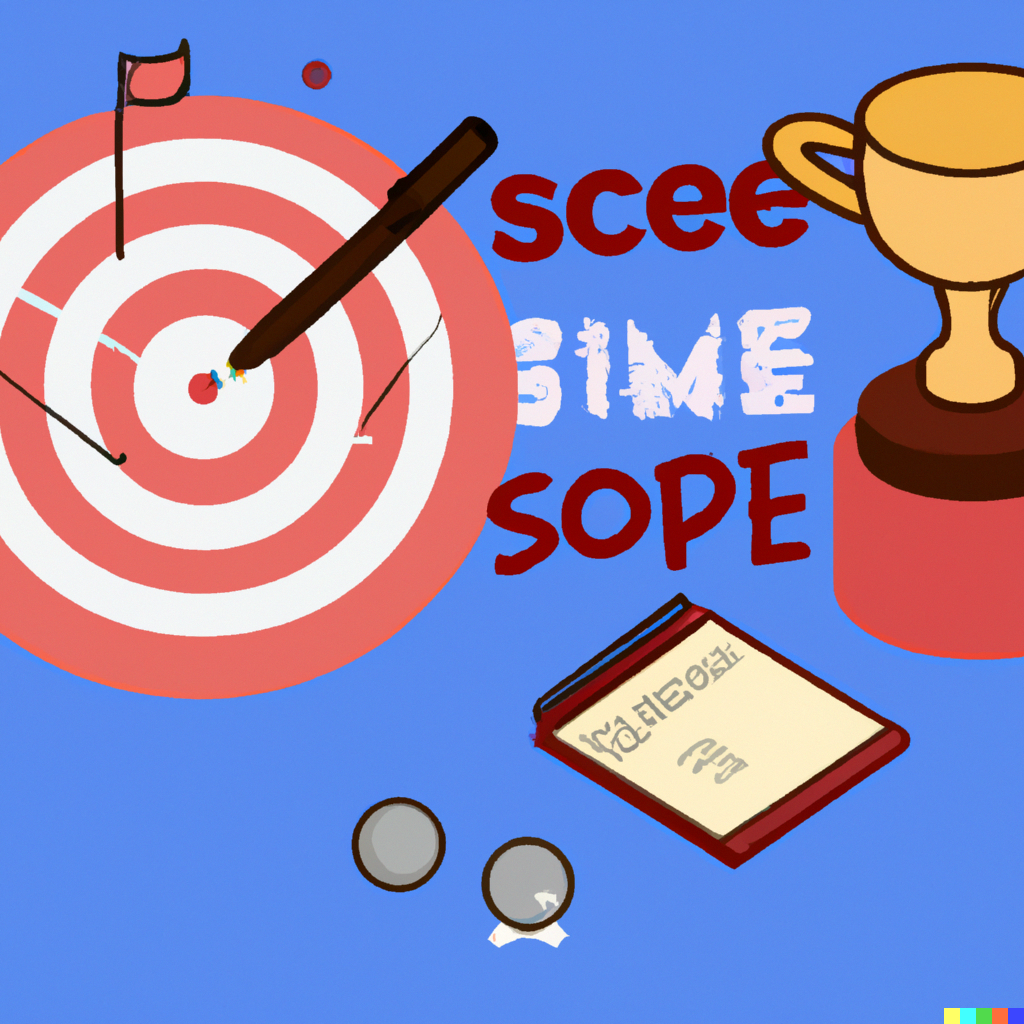This study aimed to assess the effectiveness of simulation-based teaching compared to traditional teaching of transesophageal echocardiography (TEE) knowledge and skills in cardiology fellows. The study was conducted between November 2020 and November 2021, and included 324 cardiology fellows from 42 French university centers who were inexperienced in TEE. The participants were randomized into 2 groups, one with simulation support and one without. The primary outcome measures were scores on the final theoretical and practical tests 3 months after the training, as well as TEE duration and fellows’ self-assessment of their proficiency. The results showed that the fellows in the simulation group had higher theoretical and practical test scores, and felt more ready and confident about performing a TEE alone after the training. Additionally, the duration to perform a complete TEE was significantly lower in the simulation group. These results suggest that simulation-based teaching is effective in improving knowledge, skills and self-assessment of proficiency of cardiology fellows, and in reducing the amount of time needed to complete the examination.
doi:10.1001/jamacardio.2022.5016



Leave a Reply